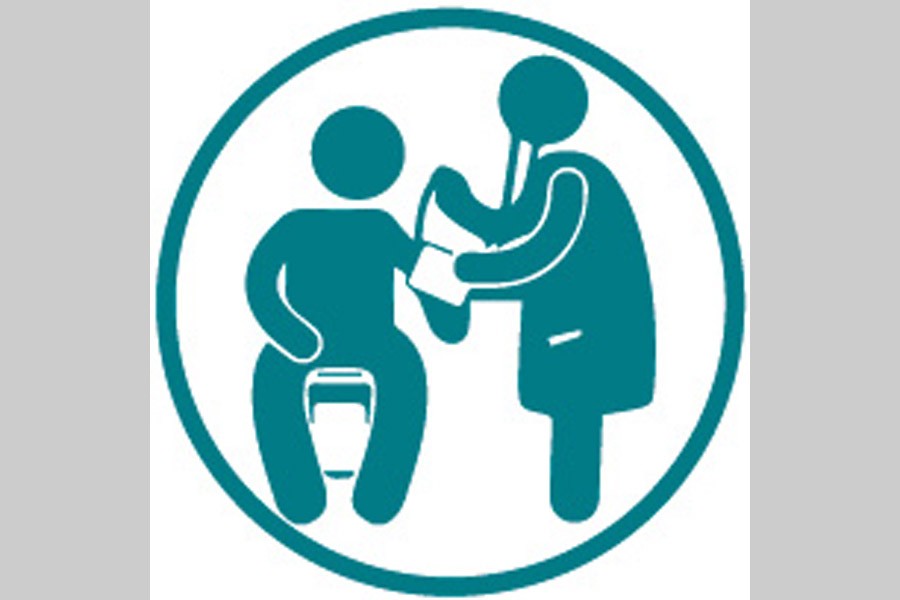
Published :
Updated :

India continues to be the most preferred destination for Bangladeshis seeking medical treatment abroad. Around 2.5 million medical tourists go to India every year from Bangladesh, and they spend about $500 million there, according to the data from India's tourism ministry. It goes without saying that the trend of Bangladeshis seeking treatment in the neighbouring country is rising every year. Reasons for so many Bangladeshi patients going to India for treatment instead of relying on the country's own healthcare system are many. Unprofessional behaviour from healthcare professionals, wrong diagnosis, the practice of not providing any information about the patients' health conditions, and the tendency of physicians to recommend unnecessary tests and drugs play a key role in Bangladeshi patients going to India. Moreover, many patients feel that the cost of medical treatment in Bangladesh is much higher than in India.
Some have doubts about the accuracy of the diagnostic system in Bangladesh. And there is a common complaint that Bangladeshi doctors do not spend much time listening to their patients' problems. According to a study, patients in Bangladesh, on average, get less than 60 seconds of consultation from their doctors, which is more than five minutes in India. If Bangladesh is not able to produce enough physicians, it will be difficult to increase doctors' consultancy time.
One of the main reasons why people are losing faith in Bangladesh's healthcare system is the decline in the quality of public hospitals. Roughly, twenty years ago, most of our people relied on government hospitals. However, people no longer believe that these hospitals can fully provide the required medical service. The number of government hospitals and upazila health complexes is increasing day by day. However, their service is questionable although our constitution recognises medical treatment as a fundamental right of citizens. Most of the patients fail to get proper treatment in their hometowns. And they are eventually referred to Dhaka's hospitals. However, they often face unpleasant experiences in the capital too. Private hospitals have been allowed to operate with a view to ensuring better quality medical service. Entrepreneurs in the sector are expected to choose medical care as a humanitarian service. But most private hospitals seem to operate for commercial purposes only.
It is disappointing that many high-profile people in Bangladesh have no trust in the country's healthcare system. They go abroad every year for regular health check-ups and treatment. As they do not receive treatment in their own country, others follow in their footsteps. If we can discourage Bangladeshis from going abroad for treatment, we can save a huge amount of foreign currency. If this money is spent in our own country, it will certainly help improve the quality of our medical service. But the question is when will the people of Bangladesh get quality healthcare service at an affordable cost?


 For all latest news, follow The Financial Express Google News channel.
For all latest news, follow The Financial Express Google News channel.